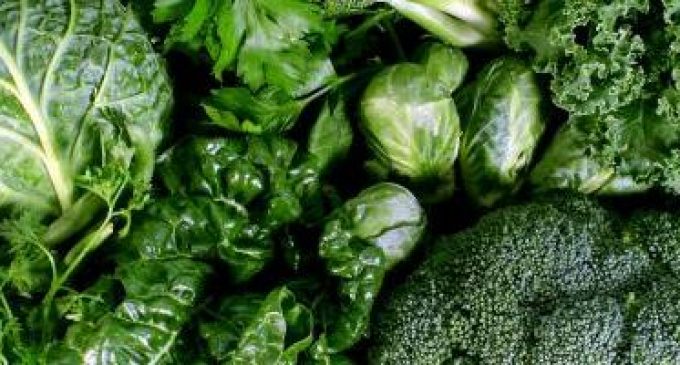Dietary Reference Values – EFSA Publishes Advice on Vitamin K

EFSA has set dietary reference values for vitamin K as part of its review of scientific advice on nutrient intakes. The Panel on Dietetic Products, Nutrition and Allergies (NDA) decided to maintain the dietary reference values established by the Scientific Committee for Food in 1993. Consequently, the NDA Panel defined daily adequate intakes (AIs) for vitamin K as follows:
- 10 µg for infants aged 7-11 months.
- 12 µg for children aged 1-3 years.
- 20 µg for children aged 4-6.
- 30 µg for children aged 7-10.
- 45 µg for children aged 11-14.
- 65 µg for adolescents aged 15-17 and
- 70 µg for adults including for pregnant and lactating women.
Vitamin K is a fat-soluble vitamin that plays an important role in blood coagulation and bone mineralisation. It naturally occurs in food as phylloquinone (vitamin K1) and menaquinones (vitamin K2). Low vitamin K intake is associated with a tendency to bleeding due to a low activity of blood coagulation factors. Food sources of vitamin K include dark green leafy vegetables such as spinach, lettuce, kale and Brussels sprouts.
EFSA considered comments and input on the draft scientific opinion it received during a six-week public consultation in early 2017.

































